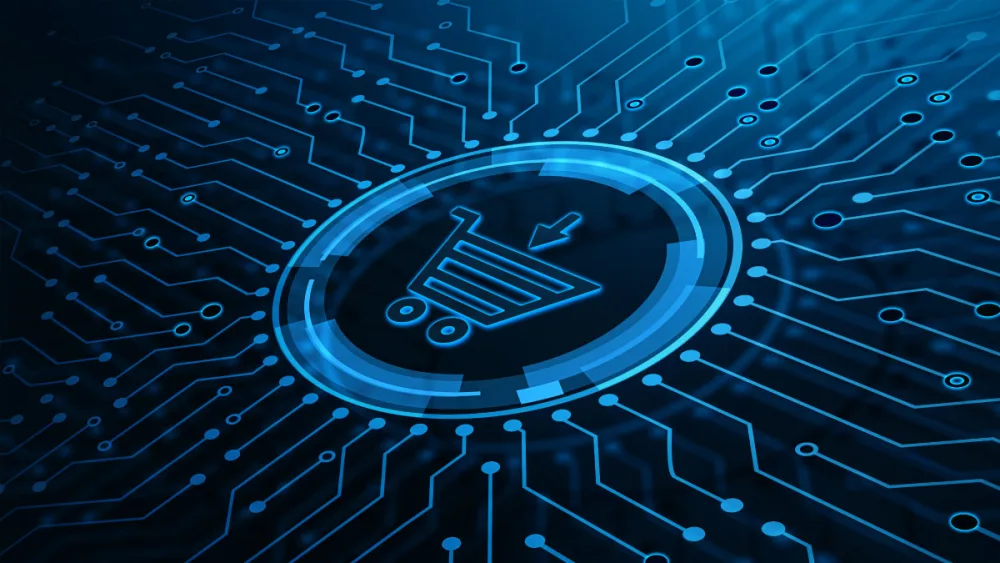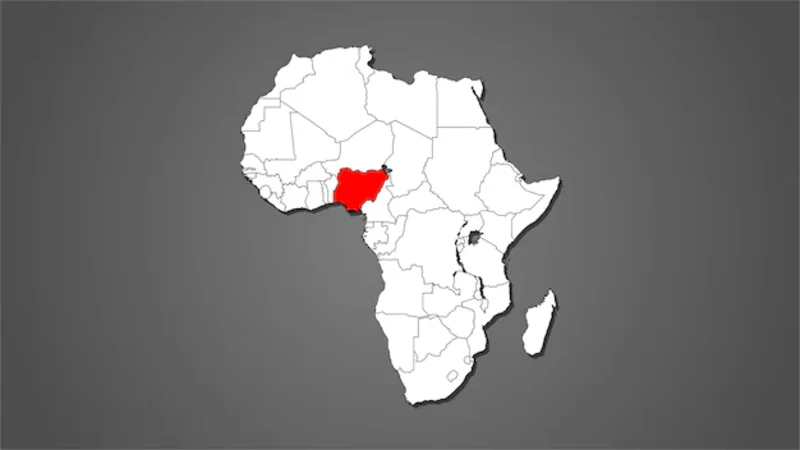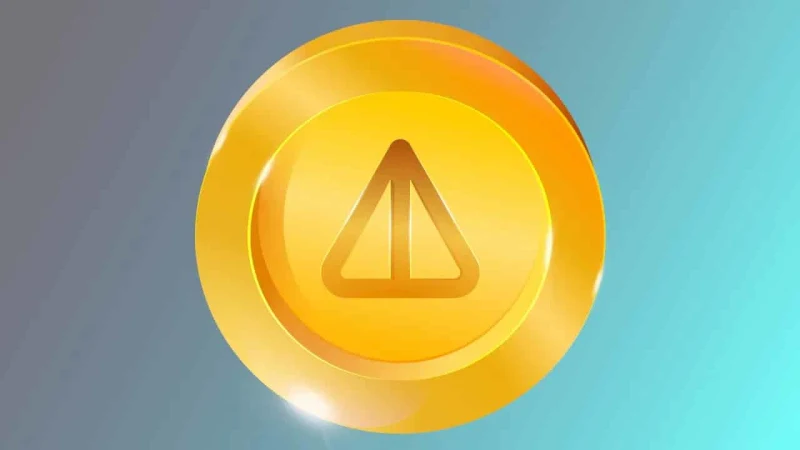
The world is speedily transcending into a digital one where almost everything is done and facilitated with the aid of the Internet. However, while the world continues to find newer ways to digitise and grow, concerns have risen from people who directly leverage this digitisation to go about their daily lives and businesses.
While many people now depend on the development and ease of doing things that technology has brought about, every day, we are also being reminded of a potential threat to user privacy and data which most tech companies leverage to improve their services to consumers.
According to a 2019 report, more than half of the world’s population is on the internet with 80% of the total figure expressing concerns about their online privacy than they were the previous year. Even more recently, people have become more concerned about how their data is being used by big tech companies that are at the forefront of these digitisation processes. Undoubtedly, the companies heralding digitalisation have positively impacted the global economic landscape with innovative ways to stay informed, communicate, shop, and even carry out basic daily functions, among other things, but certainly, a number of experts have warned of the dangers that come with the digital spaces we’re creating for ourselves as human beings, especially one controlled or championed by big tech companies.
More Power Less Responsibilities
Seven of the world’s top 10 companies by market capitalization are digital platforms that rely on user data to expand and innovate their services. And with such immense power, these platforms rely on user data to expand and innovate their services and oftentimes, this can put consumers at risk of having their data mishandled or mismanaged. So then, how can consumers stay safe in a digital economy?
Today, only a handful of countries provide online dispute resolution for consumers. And even fewer countries anticipate cross-border solutions to online disputes. Protecting online consumers means ensuring each one of us is safe. As new challenges emerge, so does the need for improved laws and enforcement in the digital environment.
How to Stay Safe in Digital Economy
How can we know that our data and privacy are being protected? Consumers should have better options than a tick, click and hope for the best. Here are simple practices you, as a consumer, can carry out in keeping and protecting yourself in a digital economy.
- Use an email account only you can access.
- Changing your passwords and usernames (where possible) often.
- Keep your passwords hidden when you enter them.
- Delete private emails, files, and documents and make sure they’re not in your email trash or computer recycle bin.
- Clear your search engine and browser history, especially after researching high-level personal topics, resources, etc.
- Using search engines that don’t track your history like browning Google in incognito or Safari private mode.
While we can easily try these simple things, it is important to also mention that key regulations and government involvement are also critically needed for the rights and protection of consumers who rely on the internet to carry out their business and daily engagement.
READ ALSO - Report: Active Investors in African Tech Startups Grew by 28% in 2022
The United Nations Conference on Trade and Development (UNCTAD) is a body created to assist in the implementation of global UN guidelines for consumer protection which mandates businesses to protect consumers’ privacy through a combination of appropriate control, security, transparency and consent mechanisms relating to the collection and use of their personal data.
However, the existence of different national standards can lead to consumer safety concerns when services/products manufactured are sold online to markets where they do not meet mandatory or voluntary safety standards.
On that scale, other ways to ensure the safety of consumers in a global digital economy would be to:
Cross-border cooperation: Especially in e-commerce to better enforce national laws and ensure that consumer rights are respected regardless of where the provider is located.
Uniform regulation on unsafe and dangerous Products/Services: It seeks to put in place strategies for consumer product safety authorities to better communicate with customs agencies, businesses and foreign authorities.
Conclusion
Safety is the responsibility of everyone and while service providers and vendors alike in the digital space need to reassure consumers about their safety, consumers also have a huge role to play in keeping themselves protected. Also, global and local agencies need to work hand in hand in building a lasting and working framework that addresses the security concerns of people who operate in the digital space.
Tags
Digital Economy
Online Shopping
Data Privacy
Categories
Featured
Similar News
Are you a start-up or an entrepreneur in Africa?
Subscribe to our mailing list



